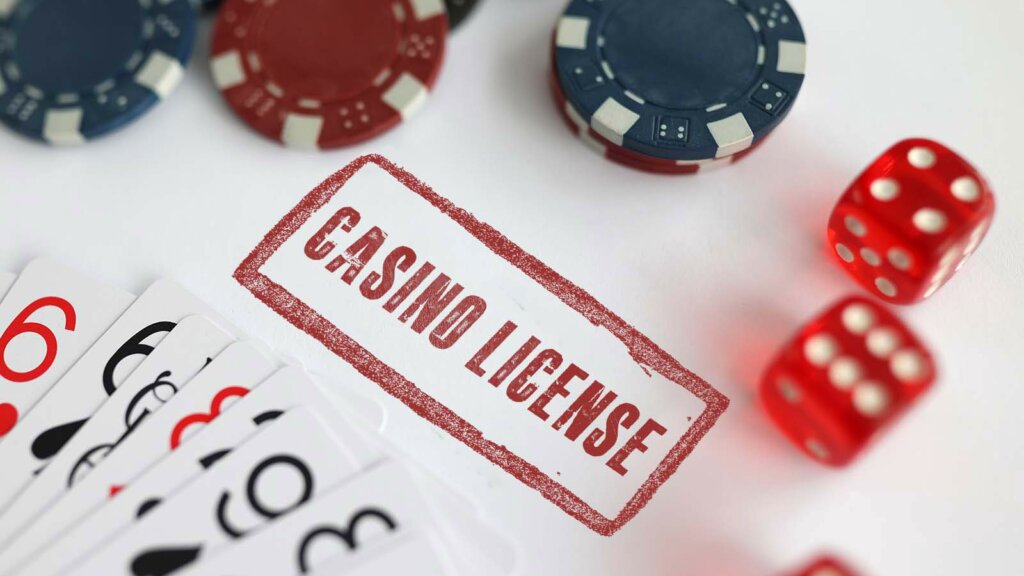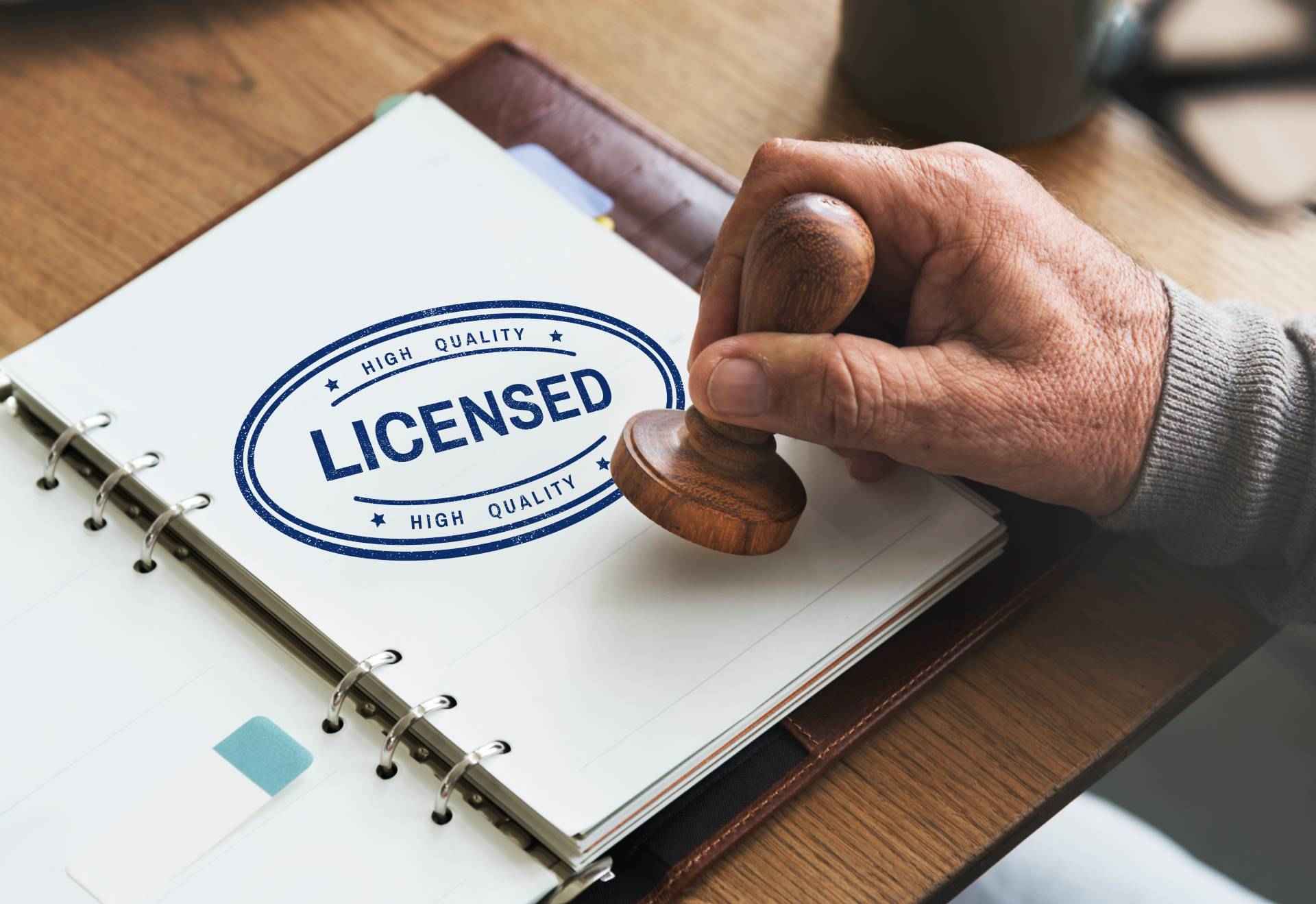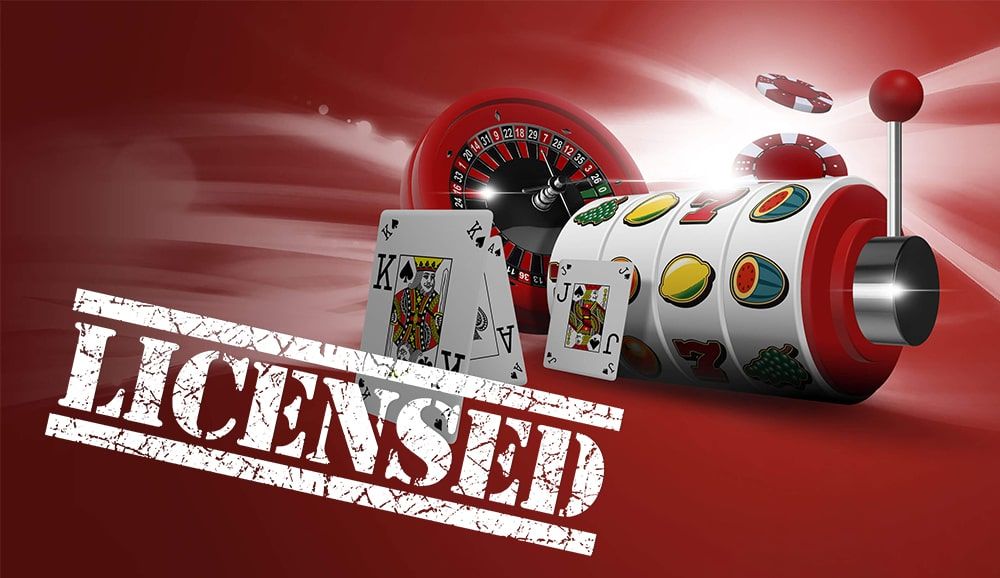Gambling Licensing And Certification - Key Considerations For Obtaining A License
Gambling licensing and certification play pivotal roles in the operation of any gambling establishment, ensuring compliance with regulatory standards and legal requirements. Obtaining a license is a complex process that involves careful consideration of various factors to meet the stringent criteria set forth by regulatory bodies.
Author:James PierceReviewer:Elisa MuellerFeb 13, 20245 Shares5.3K Views

Gambling licensing and certificationplay pivotal roles in the operation of any gambling establishment, ensuring compliance with regulatory standards and legal requirements. Obtaining a license is a complex process that involves careful consideration of various factors to meet the stringent criteria set forth by regulatory bodies. We will explore the key considerations involved in obtaining a license for gambling operations, emphasizing the importance of adherence to licensing and certification requirements.
What Is An Online Gambling License?
A license for online gambling is a formal authorization that regulatory bodies or jurisdictions grant to businesses so they can legally operate and generate income from online gambling activities. This license ensures that gambling operators comply with legal requirements and industry standards.
Obtaining a gambling license is crucial for operators as it demonstrates their legitimacy and fosters trust among players. Holding a license signifies that the operator operates within the established regulations and prioritizes the safety and interests of its customers.
For reputable online gambling companies, holding licenses from one or multiple jurisdictions is a fundamental requirement. These licenses not only validate the quality of services but also enhance the brand's reputation. Customers prefer licensed operators, as they are assured that these companies operate lawfully and adhere to ethical practices.
Who Needs A Gambling License?
Every operator must obtain a legal license to conduct operations. A gambling license holds significance across various aspects of business: it validates the company's integrity and reliability to both B2B providers and players, mitigates legal risks, and opens up opportunities for collaboration with software developers. The terms "online gaming license" and "remote gambling license" encompass all types of games played by online users.
The following individuals and entities require gaming licenses:
- Online casino operators- Individuals and entities operating websites offering a range of gambling activities such as poker, slots, roulette, and other forms of betting. This may include managing online casinos and hosting various games for online streaming.
- Bookmakers- Companies engaged in accepting bets on sports and other events, including traditional sports as well as cybersports and live events.
- Gaming software developers- Developers specializing in creating gaming applications may need a license to demonstrate compliance with relevant laws and regulations.
- Payment processing companies- Companies facilitating payments for gambling businesses may need a license to establish their credibility and ensure customer protection.
- Other participants in the gambling industry- Companies and individuals involved in various capacities within the gaming industry or interacting with its clientele. This encompasses service providers, consultants, and entrepreneurs engaged in organizing online poker, lotteries, fantasy games, and other forms of gambling.
Advantages Of Having A Gaming License
Securing an online gambling license legitimizes your business. This certification indicates that your company operates under the oversight of relevant authorities and adheres to internationally recognized standards.
There are economic benefits as well. Some regulated jurisdictions offer favorable tax rates, or even exemptions, providing license holders with financial advantages. Additionally, operators can establish bank accounts in various jurisdictions.
Players place their trust in licensed online casinos. They feel assured knowing their funds are protected and the games are fair. A license builds confidence among players, attracting a broader audience. An online gaming license opens doors to different regulated markets and jurisdictions. This expands your potential customer base and scalability.
Working with partners becomes smoother with a license. Payment processors, software providers, and other industry partners often prefer collaborating with licensed operators.
Having a license shields your business from legal risks, including potential fines and prosecution for unlawful activities. Licensed providers typically offer player support tools, such as measures to prevent gambling addiction. This enhances their reputation and trustworthiness among users.
Gaming License Requirements
- All parties involved, including owners, employees, and partners, are subject to strict rules that govern the registration process for a gambling license.
- The basic conditions for obtaining a gaming license resemble requirements for activities in the banking services sector.
- The financial experience of owners and staff is crucial to ensuring business sustainability.
- Suspicions of illegal activities can result in license denial pending a thorough review of the application.
- Authorized bodies conduct business reputation checks on applicants.
- Applicants may need to fully disclose information about their financial structure, employees, and partners in some cases.
- Specialized commissions establish international gambling licensing standards to enhance oversight of applicant actions.
- Eliminating gambling crime is a key objective of licensing control to ensure fair and transparent gambling activities.
- Organizations must ensure all gambling activities under the licensee’s control are conducted openly and transparently.
- A significant objective of the licensing process is to safeguard minors and vulnerable populations from potential risks and exploitation in the gambling industry.
How To Get A Gaming License
- Choosing a jurisdiction- Begin by selecting the jurisdiction where you wish to acquire a gambling license. Each jurisdiction has specific licensing requirements and conditions, necessitating thorough research and a well-informed decision.
- Registering your business- Register your business, along with trademarks and designs, and ensure compliance with jurisdictional requirements such as server location.
- Preparing information- Prepare a comprehensive business plan, details of key employees, source and verification of funds, and information on gambling operations.
- Develop anti-money laundering and risk policies- Implement AML/KYC policies on your online platform, conduct regular independent audits, and establish measures to prevent underage participation.
- Prepare all necessary documentation- Gather required documents and pay applicable fees, which may include proof of no criminal record, copies of passports for owners and key employees, utility bills, bank statements, game and software descriptions, and a realistic business plan.
- Application for a gaming license- Submit a thorough application containing the personal data of owners and key personnel, business plan details, and game/software descriptions. Be prepared to provide additional information or clarifications as requested by regulatory authorities.
- Obtaining a license- Upon submission of all necessary documents, regulatory agencies will review your information to ensure your activities align with the jurisdiction's reputation. If all requirements are satisfied, a license will be issued.
Types Of Online Gaming Licenses
Gaming licenses vary depending on their place of issuance and the activities they govern. In the realm of online gaming, here are several common types:
- Business-to-business (B2B) license- This license is utilized by game developers to showcase their gaming products to gambling operators. It enables them to engage in agreements and offer their games on virtual casino platforms.
- Business-to-consumer (B2C) license- Used for providing services directly to online casino users.
- Gambling licenses- Mandatory for operators offering real money games, including online casinos, poker rooms, and sports betting companies.
- Betting services provision licenses- Necessary for offering betting services on sporting events or other activities.
- Gaming platforms licenses- Required for creating and utilizing gaming platforms that host various types of games
- Software license- This license is necessary for developers to develop and distribute gaming software.
Risks Of Operating Without A License
Regulating virtual gambling establishments serves to boost tax revenues for the state budget while offering a means to oversee the gambling industry, mitigating threats like fraud, money laundering, and gambling addiction. Operating without a proper license can tarnish the industry's image and stability.
Companies without an online gambling license encounter several challenges:
- Loss of player trust- Players typically prefer licensed casinos for data security and fair gameplay assurances.
- Financial hurdles- Unregulated operators may struggle to secure cooperation from financial institutions, as a license signals legality and compliance.
- Developer reluctance- Software and game developers may shy away from working with unregulated operators to protect their reputations.
- Risk of sanctions- Unregulated operators face the possibility of being blocked on major platforms and encountering legal repercussions, including business closure and imprisonment.
Gambling Licensing And Certification - FAQ
How Much Is A Gambling License In The US?
With all these factors, getting a gambling permit is more than the initial license cost paid by the jurisdiction. After that, the business must maintain its rights by paying annual fees of around $25,000 per license.
What Is The Easiest State To Get A Gaming License In?
Among all 50 US states, the most straightforward process of obtaining a license can be faced in the following regions: Delaware (poker and casino gaming licenses) New Jersey (poker, casino gaming, and sportsbook licenses) Nevada (poker and sportsbook licenses)
Which Country Has The Best Gambling Laws?
Malta and the Isle of Man are widely recognized for their strict and transparent gambling laws that protect players’ interests and maintain a fair gaming environment.
Conclusion
Navigating the landscape of gambling licensing and certification requires a thorough understanding of the regulatory framework and a commitment to compliance. By addressing key considerations such as regulatory requirements, financial stability, responsible gaming practices, and legal obligations, operators can enhance their chances of obtaining a license and establishing a reputable presence in the industry.
With proper diligence and adherence to regulatory standards, operators can ensure the integrity and sustainability of their gambling operations while fostering trust among players and regulatory authorities alike.

James Pierce
Author

Elisa Mueller
Reviewer
Latest Articles
Popular Articles

